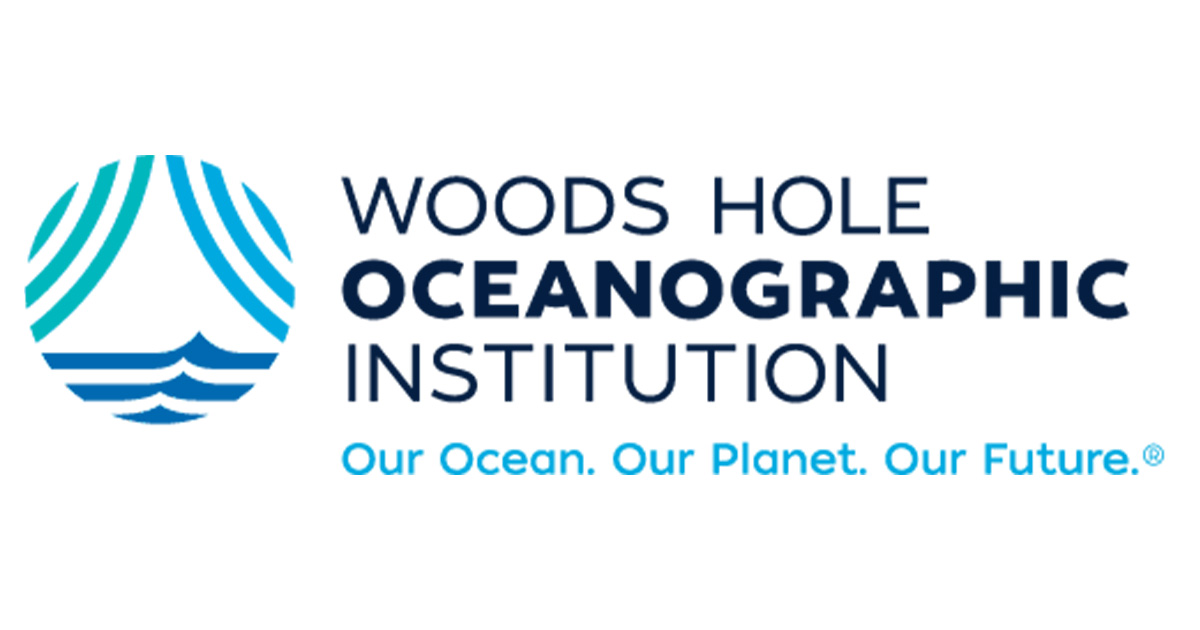Woods Hole Oceanographic Institution is seeking a creative and independent Postdoctoral Investigator to join the Marine Chemistry and Geochemistry Department to work on developing, evaluating, and applying a one-dimensional (1-D) mechanistic biogeochemical model for the Bermuda Atlantic Time-series Study (BATS) site.
This position will be part of a National Science Foundation Chemical Oceanography project aimed at quantifying the magnitude of and controls on various carbon export and attenuation mechanisms that regulate the ocean’s biological carbon pump. This is a temporary, full-time, exempt position, and is eligible for benefits. The initial appointment will be for one year with the possibility of a one-year extension. Renewal of the appointment is conditional on the PDI making satisfactory progress during the prior year(s) and continuation of funding. The successful candidate is expected to start the appointment in April 2024.
The Woods Hole Oceanographic Institution has a top-rated postdoctoral program (www.whoi.edu/postdoctoral/) that supports a dynamic postdoctoral community with formal mentoring and career guidance programs. While the primary focus of the work will be in research, the Postdoctoral Investigator will have the opportunity to participate in educational and outreach activities associated with the project.
Essential Functions
The successful candidate will work with Dr. Heather Kim in the WHOI Department of Marine Chemistry and Geochemistry and Dr. Amy Maas at Bermuda Institute of Ocean Science (BIOS) and Arizona State University. The PDI’s primary role will be to develop, evaluate, and apply the 1-D variational data assimilation model capable of incorporating key ecological and biogeochemical rate measurements related to export by sinking particles, mixing of dissolved organic matter, and diel vertical migration of zooplankton and remineralization by heterotrophic marine bacteria and zooplankton in the mesopelagic zone at BATS. The PDI will have the opportunity to visit BIOS for 2 research cruises to participate in BIOS-SCOPE and BATS core sampling, strengthening their understanding of the protocols associated with data collection and expanding their scientific network.
Education & Experience
- PhD degree (or nearly completed) in Chemical or Biological Oceanography, Biogeochemistry, Microbial Ecology, Climate Science, or other relevant disciplines.
- Prior experience in marine ecosystem and biogeochemical modeling, preferably with proficiency in the Fortran programming language.
- Experience with statistical analyses of large datasets and numerical model simulations.
- Strong written and oral communication skills, as evidenced preferably through publications in peer-reviewed scientific literature and presentations to a variety of audiences.
Physical Requirements
Physical duties for this position include but are not limited to, ability to lift less than 25 lbs independently, 2 times per day; carry 10-25 lbs, 2 times per day. Visual abilities to include near, far, peripheral, depth perception, and ability to distinguish basic colors. Hearing requirements include the ability to hear and respond to instructions, communicate effectively in loud areas (pier/dock, warehouse). Other physical tasks include occasional prolonged standing/walking; use of hands for basic /fine grasping and manipulation, repetitive motion, reaching above and below the shoulders, pushing, pulling, kneeling, bending, twisting, and stooping. Other occupational requirements include talking, traveling, working around others, and with others. Will be exposed to dust or other irritants and electrical/mechanical/power equipment hazards. Physical duties are subject to change.
Sea Duty
Sea Duty is required. May work at least 8 hours per day and, at times in excess of 12 hours per day, 7 days per week. Sleep and work hours can deviate from those on land. May be expected to work on watch schedule (such as 8 hours on and 8 hours off or 12 hours on and 8 hours off) for all or part of a cruise or to work as hours are needed to accomplish the planned work. May need to travel during holidays and for long distances to and from foreign ports. May experience rudimentary living and working conditions, with shared and basic living quarters and laboratories. May experience bad or extreme weather conditions, including heavy seas, winter weather or hot, tropical weather. Work on deck may occur in both hot and cold conditions around the clock. Sea conditions will lead to active ship motion. Should be able to climb steep and vertical ladders and able to enter and exit compartments through hatches, doors, and sills. Should be able to carry heavy gear and participate in the loading and unloading of the ship as well as in the activities on deck and in the labs during the cruise. Shipboard environment may include: confined areas, shared sleeping quarters (berths) and bathroom facilities, small and basic berthing, fixed meal times and basic menus. Modest levels of heating, cooling, ventilation, and illumination, limited or no email and internet access and limited off-duty and recreational facilities (library, lounge, movies). May be exposed to potential allergens and irritants, including paint fumes. May experience constant and intermittent loud noises, and slippery and uneven surfaces.





